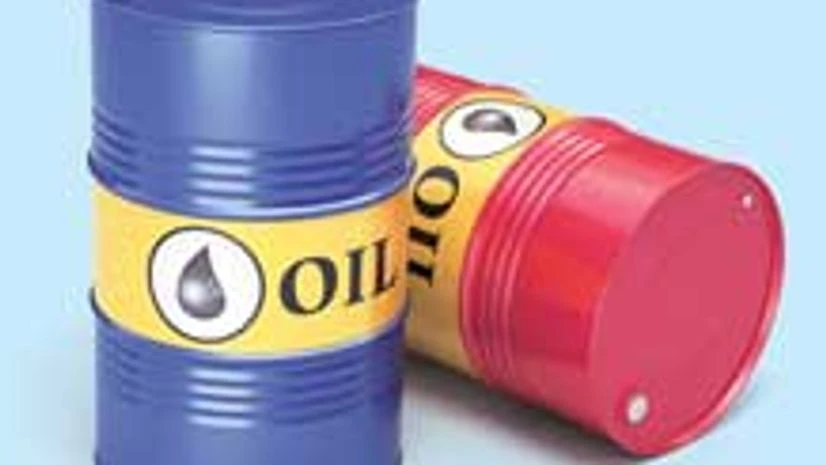The energy sector led gains in US shares on Thursday and European shares pared losses as oil prices rebounded from 12-year lows.
Major US indexes rose after sinking to 3-1/2 months lows on Wednesday. Gains in stocks and oil also helped push the US dollar higher, while the rebound in risk assets reduced demand for safe-haven gold and US government debt.
Equity markets have tumbled to start the year as volatility in Chinese shares and the persistent slide in oil made investors jittery about the health of the global economy.
More From This Section
"The stock market seems to be trading very coincident with the price action in oil," Todd said.
The Dow Jones industrial average rose 131.59 points, or 0.81 per cent, to 16,283, the S&P 500 gained 14.23 points, or 0.75 per cent, to 1,904.51 and the Nasdaq Composite added 18.04 points, or 0.4 per cent, to 4,544.11.
Better-than-expected results from JP Morgan also gave a boost to what is expected to be a dour US corporate earnings season.
The pan-European was down 1.5 per cent, hurt by a slump in the auto sector as Renault faced an emissions probe, but the index came off its 13-month lows.
MSCI's broadest gauge of stocks globally fell 0.4 per cent.
Benchmark Brent oil snapped an eight-day rout as some players covered short positions after crude prices plumbed new 12-year lows on fears of adding Iran adding to global oversupply quicker-than-thought.
Traders said options expiry for the front-month contract in US crude, scheduled at Thursday's settlement, was also pushing players to cover positions.
"Natural covering interest is buoying the market as many had $30 as an objective," said Pete Donovan, broker at Liquidity Energy in New York.
US crude prices rose two per cent to $31.11 a barrel, while benchmark Brent crude rose 1.5 per cent to $30.75 a barrel.Concern about a supply glut has helped drag down oil prices to around 12-year lows.
The dollar rose, bolstered by gains in the US stock market and a rebound in oil prices, suggesting that the Federal Reserve will not be as constrained to push ahead with its plan to raise interest rates several times this year.
The Federal Reserve will raise interest rates three times this year, a Reuters poll of economists found.
The US dollar rose 0.3 per cent against a basket of currencies, while the euro fell 0.3 per cent against the dollar.
Prices on US Treasuries turned negative as oil prices steadied. Benchmark 10-year US Treasury notes fell 4/32 in price to yield 2.0786 percent, from 2.066 late on Wednesday.
Spot gold fell one per cent as the oil price rebound and rise in US shares blunted bullion's appeal as a haven.
Earlier, Canada, one of the big global oil producers, saw its dollar dive as deep as C$1.4382 per US dollar, its lowest level since April 2003. There were also new gyrations in emerging market currencies. Adding to the risk-off sentiment, a gun and bomb attack rocked Jakarta, which helped send the rupiah down around one per cent and stocks 1.7 per cent.
"Perhaps $30 or just slightly below is acting as a little bit of a floor but, that being said, that's a straw in a hay barn in terms of positivity," said Ben le Brun, market analyst at OptionsXpress. "The rest of the news is decidedly negative."
Japan's Nikkei was Asia's big loser. It shed 2.7 per cent, as downbeat domestic data added to the gloom. The yield on the benchmark 10-year Japanese government bond also touched a fresh record low of 0.190 per cent. Japan's core machinery orders fell 14.4 per cent in November from the previous month, down for the first time in three months and marking a bigger decline than economists' median estimate of a 7.9 per cent drop.
China's recently volatile main stock indexes reversed earlier losses, however, with the Shanghai Composite Index and the CSI300 index both closing up two per cent after strong finishes.
Market participants continued to keep an eye on China's yuan, which weakened even after the People's Bank of China set its midpoint rate at 6.5616 per dollar prior to the market opening, firmer than the previous fix of 6.563.
The PBOC has held the line on its currency in the past few days, calming some fears of a sustained depreciation.

)
